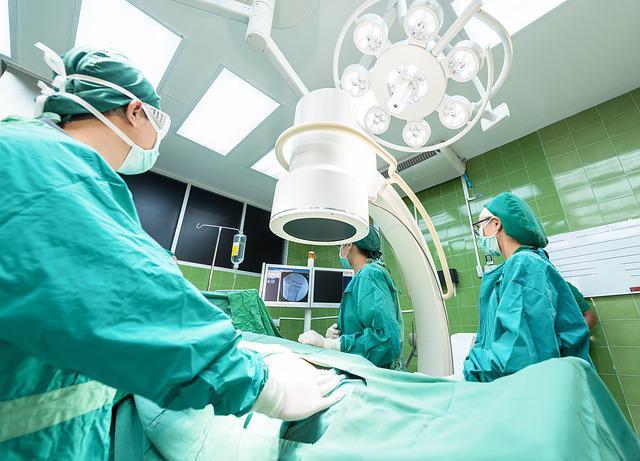If you’re going for laser resurfacing, you don’t want to be stuck with a month of face pain and potential long-term scarring – but that’s a serious risk you need to be aware of. Discover potential alternatives with award-winning plastic surgeon Dr. Chip Cole!


Laser resurfacing can be a great way to get rid of acne, scars, or other skin issues - but you need to know what options are available and what their potential risks might be. With no shortage of plastic surgeons wanting to sell you a life-changing surgery without letting you know about the potential complications, finding useful, honest information is hard.
And Dr. Cole is committed to changing that. For more information on the procedure: https://oculusplasticsurgery.com/procedures/surgical-procedures/laser-resurfacing-atlanta-ga
As the skin resurfacing market is expected to grow at a yearly rate of 7.2% until 2027, Dr. Cole has identified an important information gap in the public’s awareness of the complications of laser resurfacing - especially in light of recent advances in non-ablative laser technology.
Ablative laser resurfacing involves the partial destruction of skin tissue. While this procedure is effective in the treatment of a wide range of skin conditions - from wrinkles and acne to actinic keratosis and telangiectasis - there is typically a longer downtime and a higher risk of side effects.
You could be looking at more than a month until full recovery, and a substantial risk of side effects including redness, swelling, pain, infection, and permanent skin color change.
If you have a history of keloid scars, previous laser resurfacing, or facial radiation therapy, your doctor may advise against laser resurfacing procedures. Similar restrictions may apply to individuals with autoimmune diseases, those who are prone to cold sores or herpes, or pregnant women.
As part of his commitment to raising awareness about new advances in laser resurfacing, Dr. Cole also discusses recent research data demonstrating the efficiency of non-ablative laser resurfacing.
More recently, a non-ablative laser application of the long-pulse 2940 nm Er: YAG laser has been shown as an effective periocular rejuvenation procedure. This option eliminates the long downtime associated with traditional ablative laser resurfacing and reduces the number of associated side effects.
Dr. Cole recommends that you undertake extensive research from established scientific sources and consult with an experienced surgeon before making a decision on any type of cosmetic intervention.
The latest announcement is part of Dr. Cole’s commitment to educating the public on a wide range of common surgical procedures. An experienced surgeon with more than 33 years of experience and a fellowship instructor for two university programs, Dr. Cole is widely recognized as one of the leading experts in ocular operations.
Get the info you need from a trusted plastic surgeon with more than 35,000 successful interventions - go to https://oculusplasticsurgery.com/procedures/surgical-procedures/laser-resurfacing-atlanta-ga to get started!
